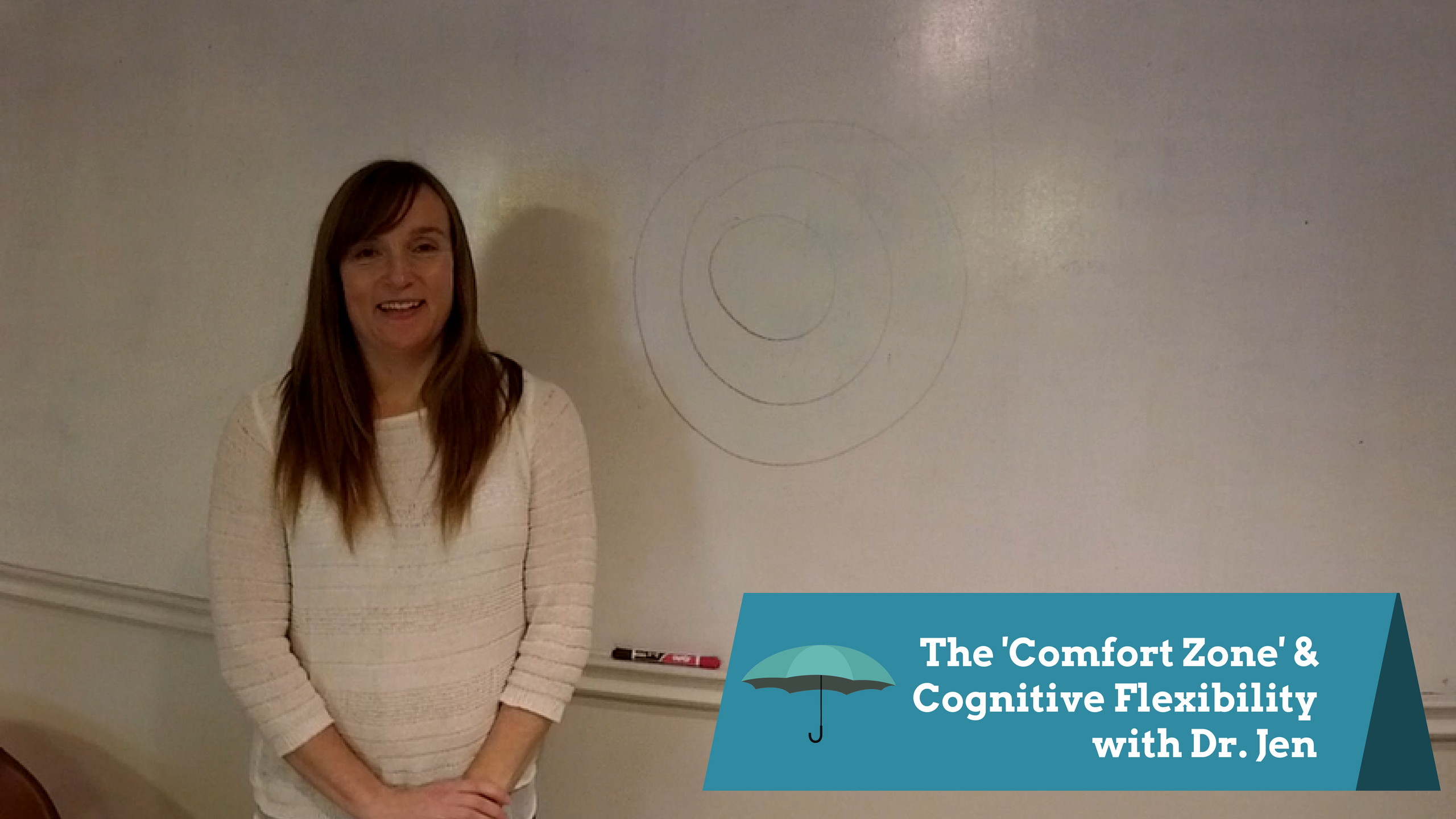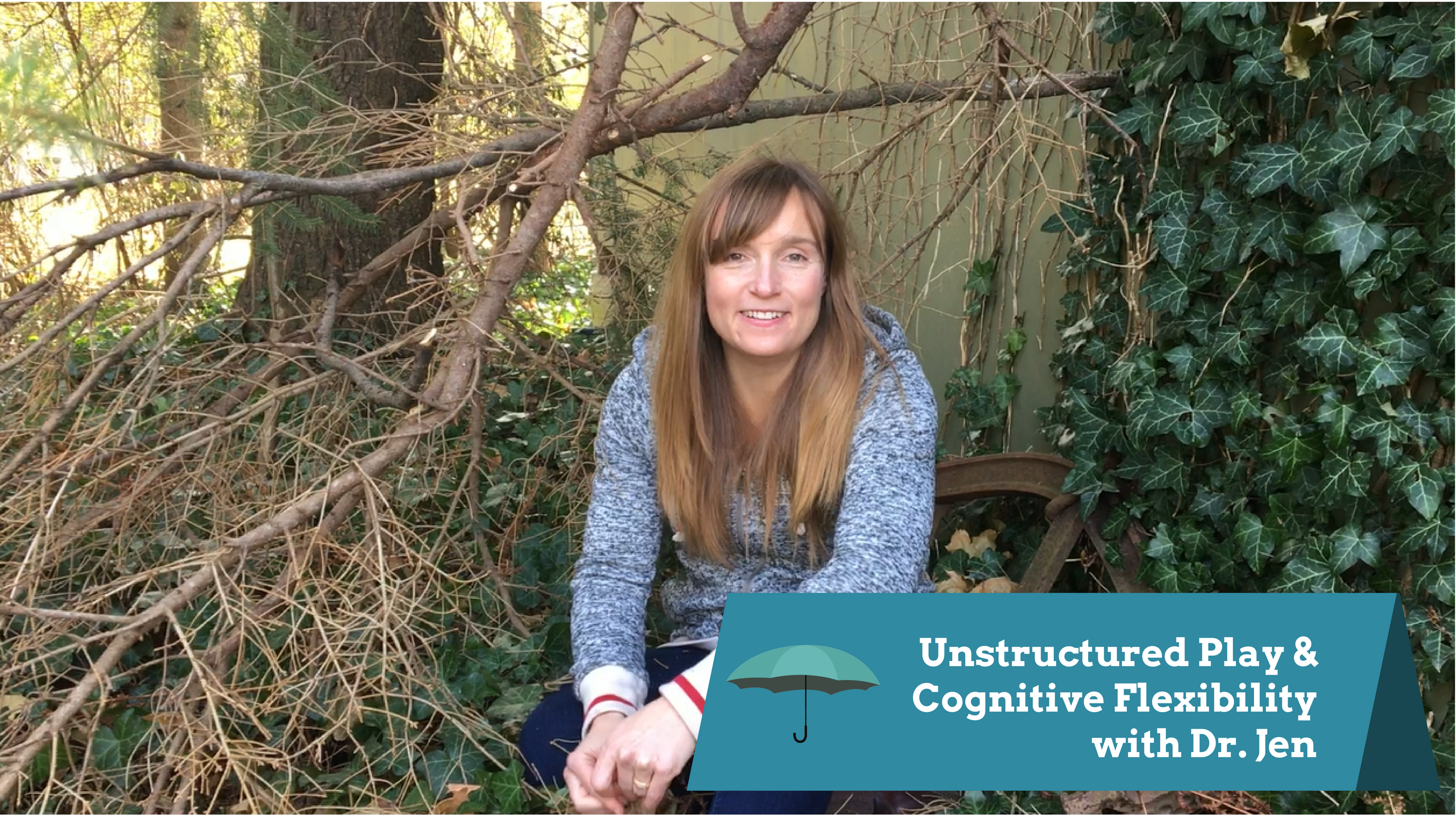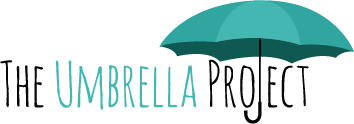
by Jen Forristal | Dec 8, 2017 | Cognitive Flexibility
Cognitive flexibility tip! Today, try to push your kids outside of the boundary of the same friends, foods, and daily routines.
Try to get into a space to safely learn and grow! Click the video below to learn more.

by Jen Forristal | Dec 6, 2017 | Cognitive Flexibility
Did you know that the diversity of your child’s gut bacteria can have an impact on their cognitive flexibility?
This research paper points out the negative impact a Western diet (high fat, high sugar) can have on our gut bacteria affecting our brain function and specifically our cognitive flexibility.
Increase your child’s intake of vegetables, omega 3’s and fibre, while decreasing sugar for a healthier more flexible brain!
Source:
Magnusson, K.R., et al. (2015). Relationship between diet-related changes in the gut microbiome and cognitive flexibility. Neuroscience 300: 128-40. DOI: 10.1016/j.neuroscience.2015.05.016. Available for viewing at: https://www.ncbi.nlm.nih.gov/pubmed/25982560
Featured image by Hannah Tasker on Unsplash.

by Jen Forristal | Dec 5, 2017 | Cognitive Flexibility
Click the video below to unmute and hear today’s tip!

by Jen Forristal | Dec 1, 2017 | Cognitive Flexibility
It’s hard to believe that December is here already. We’re excited because this month is all about building a really important and often neglected skill for your child, cognitive flexibility.
Anybody else concerned with the amount of uncertainty that exists for our kid’s future? The world is changing so quickly, making it hard for us to predict what the world will be like for our children when they grow up. What kind of jobs will be available? What skills will they need for those jobs? I can’t give you all the answers, but I can tell you that cognitive flexibility is near the top of this list.
What is cognitive flexibility?
Cognitive flexibility is our ability to change our strategies when we face new and unexpected situations. It’s our brains capacity to make sense of the unfamiliar, to pivot and thrive in uncertainty. It’s important for innovating, coming up with new ideas and solving problems, and is essential to creativity. It also helps us accept and understand people and situations that are different from ours.
Life doesn’t always follow a predictable pattern; cognitive flexibility helps us navigate this uncertainty and feel like we have more options when faced with challenges. As things change around us, we need to change in order to maintain our wellbeing.
This month we can’t wait to walk you through this cool skill and help you find ways to flex this part of your child’s brain.
Featured image by Annie Spratt on Unsplash.

by Jen Forristal | Sep 13, 2017 | Cognitive Flexibility, Empathy
Much like a vaccine stimulating our immune system, learning to cope with manageable threats to our physical and social well-being is critical for the development of resilience. As parents, we need to be actively looking for opportunities for our children to get a little outside their comfort zones. This builds confidence in their ability to handle these challenges.
When you watch your child in a difficult situation, try to pick out the skills they are using and help them see their coping strengths. Maybe it was kindness, empathy, or cognitive flexibility.
The more children can see their strengths, the more likely they are to use them again when faced with the next challenge.





